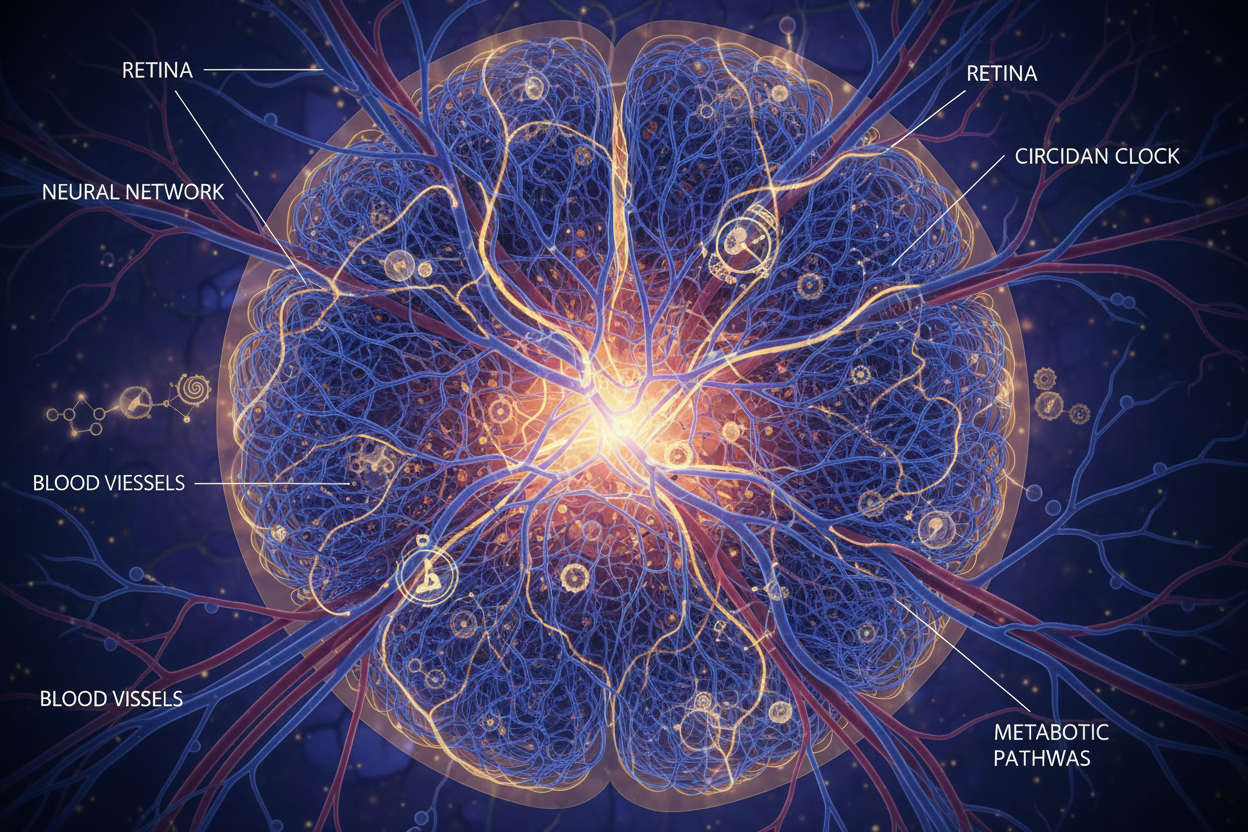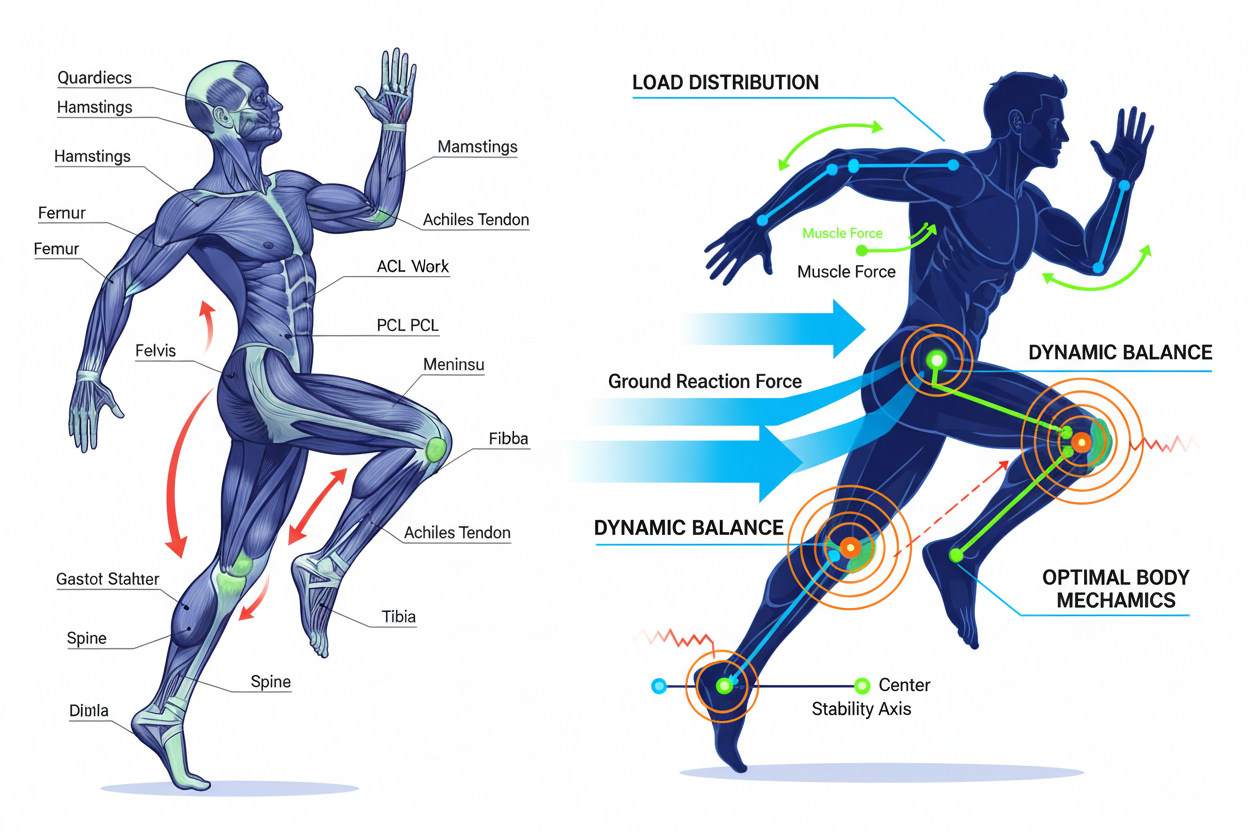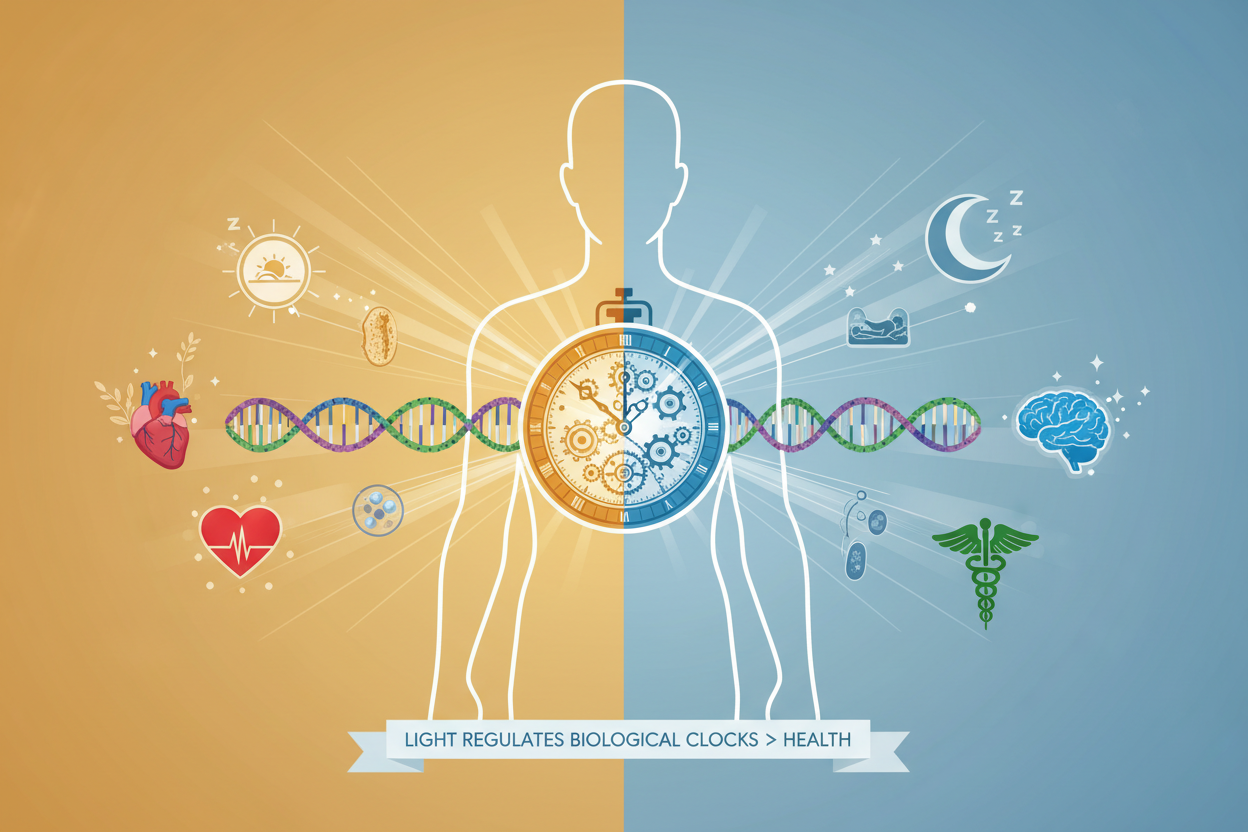
Light and Brain – The Revolutionary Potential of Light Therapy
Our brain is a complex network of billions of neurons that require precise care to function optimally. One of the most natural and scientifically proven methods to support brain health is light therapy. The latest scientific findings confirm that certain wavelengths of light provide essential benefits that can fundamentally change the quality of our lives.
Key Benefits of Light for Brain Health
Reduction of amyloid plaques
Amyloid plaques are a hallmark of Alzheimer's disease. Research shows that regular application of red and near-infrared light can significantly reduce the production of these plaques, thereby slowing disease progression and improving cognitive functions.
Therapy for Depression and Anxiety
Light stimulates areas of the brain responsible for the production of serotonin, dopamine, and other neurotransmitters important for mood. Clinical studies confirm that regular light therapy can be as effective as traditional antidepressants, without side effects.
Improvement of mitochondrial function
Mitochondria are the main source of cellular energy. Photobiomodulation activates the enzyme cytochrome c oxidase, which significantly increases ATP production. This means more energy for neurons, better cognitive functions, and faster regeneration of damaged brain cells.
Reduction of neuroinflammation
Chronic neuroinflammation damages neurons and accelerates degenerative processes. Light therapy acts anti-inflammatory by reducing the production of inflammatory cytokines and activating anti-inflammatory mechanisms, thereby protecting neurons from damage.
Glymphatic detoxification of the brain
Glymphatic system ensures the removal of toxic substances from the brain. Studies confirm that red and near-infrared light significantly increase its activity, thereby helping to cleanse the brain of harmful substances that contribute to neurodegeneration.
Support for the growth of new neurons (neurogenesis)
Light stimulates the production of BDNF (Brain-Derived Neurotrophic Factor), a key protein that supports the growth and regeneration of neurons. Higher levels of BDNF improve memory, concentration, and the ability to learn new things.
Increase in cognitive abilities
Regular light therapy increases brain performance in the areas of memory, concentration, speed of thinking, and problem-solving. Studies show significant improvement in cognitive functions after just a few weeks of regular use of light therapy.
Regeneration after strokes and injuries
Photobiomodulation supports neuroplastic processes that enable the brain to recover faster after strokes or injuries. Research results clearly show that patients using light therapy recover more quickly and with less damage.
Preservation of dopamine production
Dopamine is key to our emotions, motivation, and motor functions. Light therapy has been proven to protect dopamine neurons from degeneration, helping to maintain their healthy levels and contributing to the prevention of Parkinson's disease.
Better myelination of neurons
Light therapy supports the formation of myelin sheaths around neurons, which speeds up the transmission of nerve impulses and improves the overall functioning of the nervous system.
Conclusion – Light as a Key Path to Optimal Brain Health
Light therapy represents a unique combination of science and nature, offering a real opportunity to strengthen brain health, slow aging, and protect against neurological diseases.
One of the most advanced solutions on the market are REDelios panels from REDlight.doctor, which use an optimal combination of wavelengths and pulse modes and represent the ideal way to effectively incorporate this therapy into everyday life.



Leave a comment
This site is protected by hCaptcha and the hCaptcha Privacy Policy and Terms of Service apply.